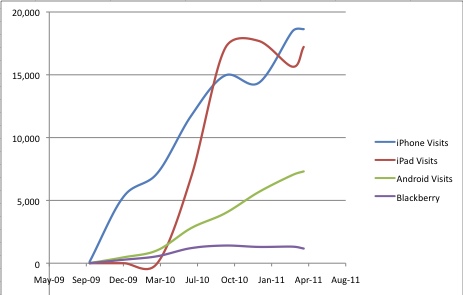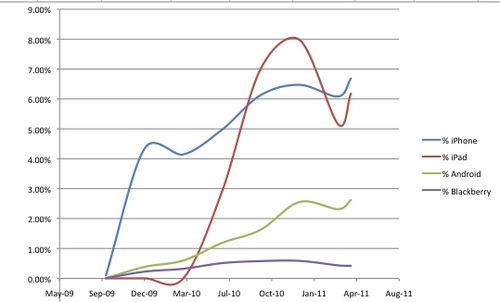50/50 Cofounders
Mark Suster has been writing and speaking out about the challenges of a 50/50 partnership between two cofounders. He makes a ton of great points. I would like to provide the counterpoint.
I've started two venture capital firms. The first with Jerry Colonna. The second one with Brad Burnham. Both were 50/50 partnerships. Both have been fantastic experiences. I knew Jerry for a few months before I partnered with him. I knew Brad for a decade but had never worked in the same organization as him. I recognize that venture capital firms are different than companies and that a partnership model works better in VC firms than it does in companies. But these two experiences have taught me that a 50/50 partnership, like a marriage, forces the two founders to come together on all the key decisions and can lead to better decision making.
When I look through the USV portfolio, I don't see a lot of 50/50 partnerships. Of the 38 companies listed on our website, only seven started out as 50/50 partnerships. But some of our best teams were formed that way. Paul and Rony, the founders and leaders of Indeed, are the iconic version of a partnership at the top of a company. They have built possibly the best all around company in our portfolio and they have done it via a partnership model.
Two other partnership driven startups come to mind as I think back over my investment history. Gian Fulgoni and Magid Abraham at ComScore has always been a partnership and they have built a fantastic company. And Jordan Levy and Ron Schrieber, the first entrepreneurs that I worked with as a board member, introduced me to the partnership model. They were even co-CEOs.
So while Mark is right that you don't need to be 50/50 partners with your co-founder, I would say that if you feel comfortable in a 50/50 partnership, it can be a terrific way to operate and build a business. It has worked very well for me over the years and when I see a true 50/50 team show up in our office, I am always more inclined to say yes. I have a great history and pattern recognition with this model.











